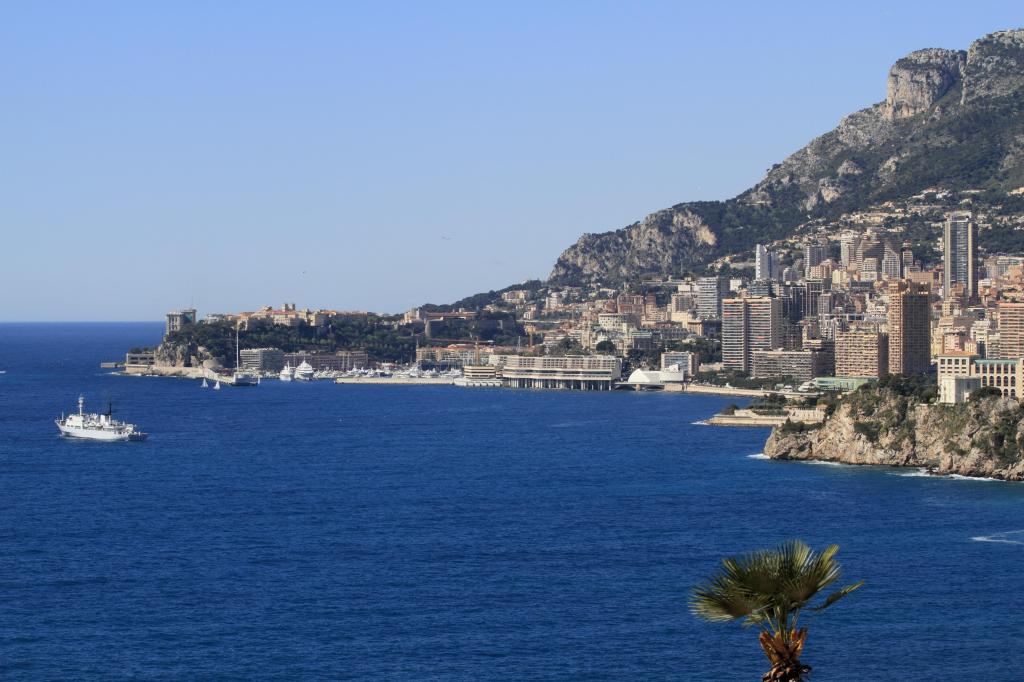[ad_1]
Never let it be said that the “Bouvier affair” is a dull one.
A criminal case in the Principality of Monaco against Swiss art dealer Yves Bouvier was dismissed on Thursday, according to court documents reviewed by ARTnews, marking the latest twist in a long-running legal affair that has seeped into the highest echelons of the art world.
In 2015, Bouvier was charged with fraud and money laundering in Monaco. (He denied the allegations.) He had sold more than $2 billion in artwork to Dmitry Rybolovlev, a Russian oligarch, and is accused of peddling some of the world’s most expensive artworks to the billionaire, who ranks on ARTnews’s Top 200 Collectors list, at a secret markup of nearly $1 billion. Artwork that Rybolovlev bought from Bouvier includes Leonardo da Vinci’s Salvator Mundi (ca. 1500), which has since become the world’s most expensive painting ever to hit the auction block, selling for $450.3 million in 2017.
Monaco’s court of appeals found on Thursday, December 12, that the 2015 investigation into Bouvier was “conducted in a biased and unfair way.” The court case has rocked the tiny principality, especially after its top judicial official was removed from his post when evidence of bias in the case was uncovered.
The court said that actions of Montaguese investigators violated the principality’s judicial code.
The court decision said that Rybolovlev’s lawyer, Tetiana Bersheda, “actively participated in the investigation strategy and the investigators regularly sent her reports as if she acted as an unofficial investigator.” Philippe Narmino, formerly the top justice official in Monaco, was apparently invited to Rybolovlev’s vacation home in the Swiss Alps by Bresheda. He subsequently left his post. “We will use tomorrow’s confrontations to reinforce the competence to Monaco,” Christophe Haget, then head of Monaco’s Criminal Investigation Division, wrote in a 2015 email to Bresheda, a lawyer representing Rybolovlev.
Speaking to ARTnews from his Paris apartment in the week before the criminal charges were dropped, Bouvier said that “from day one there was something not normal with Monaco. There was no jurisdiction with Monaco. The only thing linked with Monaco was the fact that Rybolovlev was the president of the Monaco football club.”
Bouvier said that as a result of the court cases he has essentially been blacklisted in the art world. He claims to have suffered significant financial losses in the process, and to have had virtually no business when it comes to art dealing.
“Deceived by this fraudulent scheme, the companies of the Rybolovlev family paid [Bouvier] hundreds of millions in unauthorized markups for more than ten years,” a lawyer for Rybolovlev said, adding that his legal team was planning to appeal the decision.
Thursday’s decision is not the end of the winding legal feud between Bouvier and Rybolovlev, however. There are also open legal cases involving both of them in France, Singapore, and Switzerland. Rybolovlev has also launched a $380 million lawsuit against auction house Sotheby’s in the United States, alleging that it “materially assisted” Bouvier in marking up the price of a number of works sold to him. (The auction house denied this, and has said it will “vigorously litigate” the case.)
Bouvier told ARTnews that the affair was not finished. “When it is over,” he said, “this will be a Netflix series.”
[ad_2]
Source link


